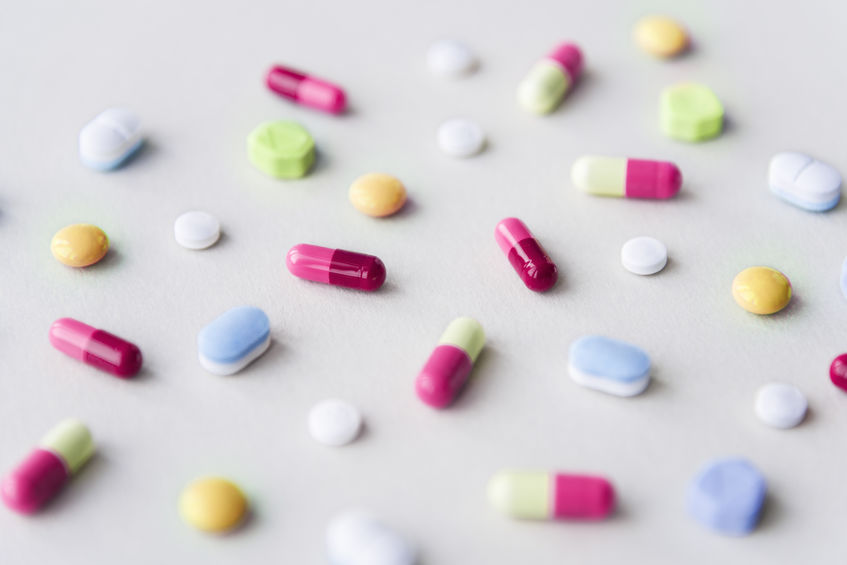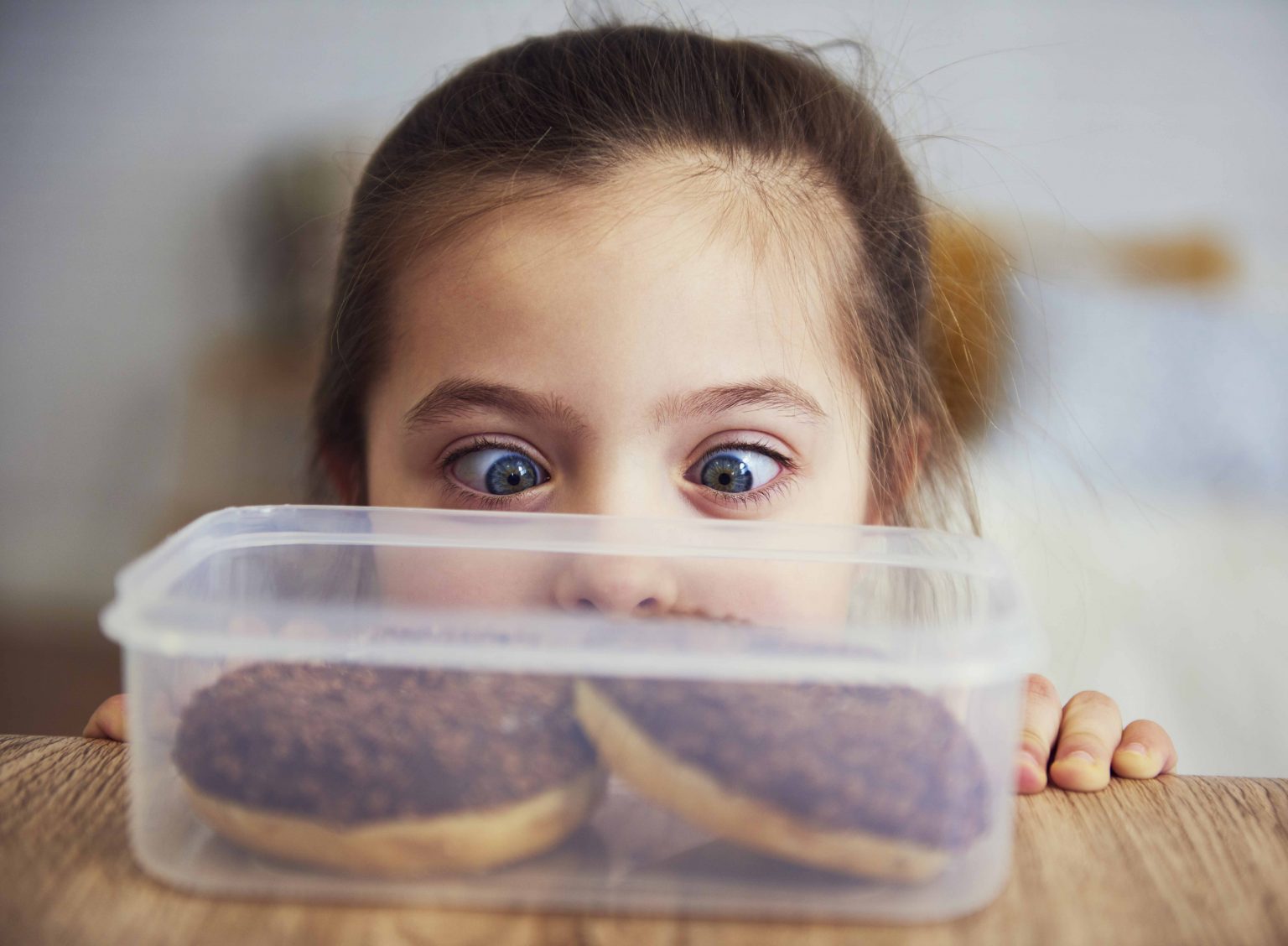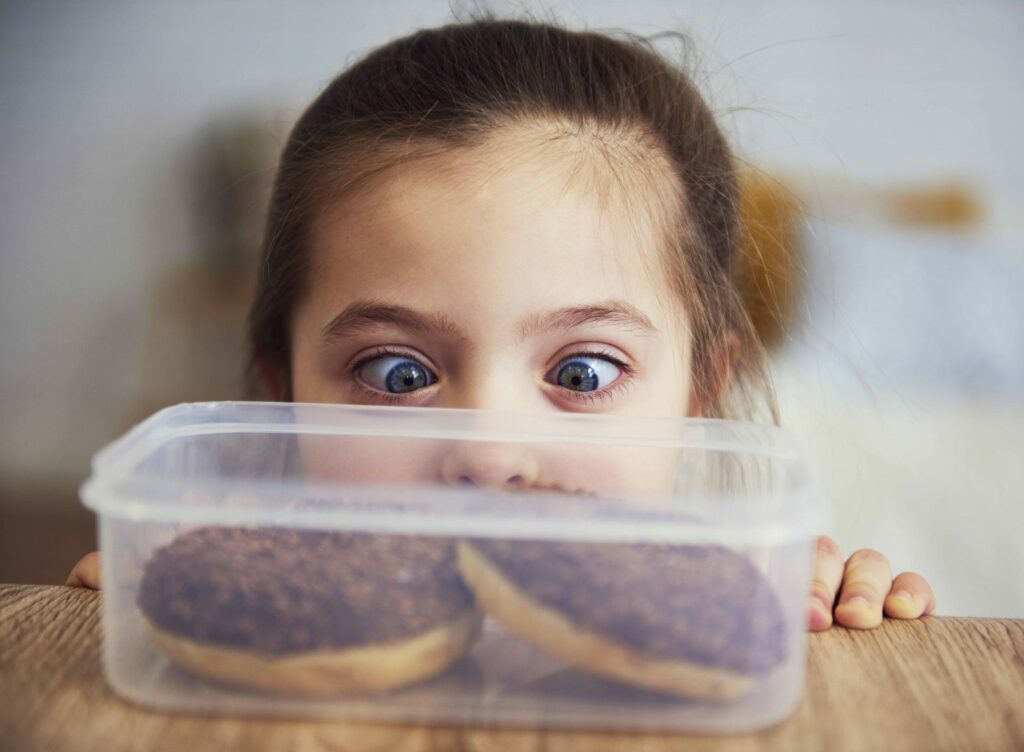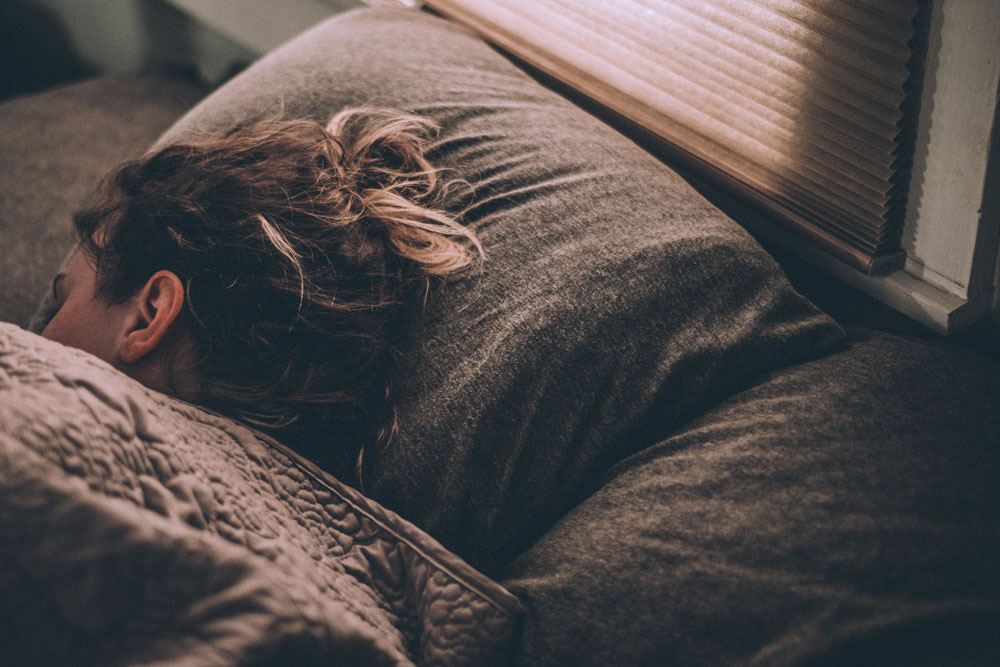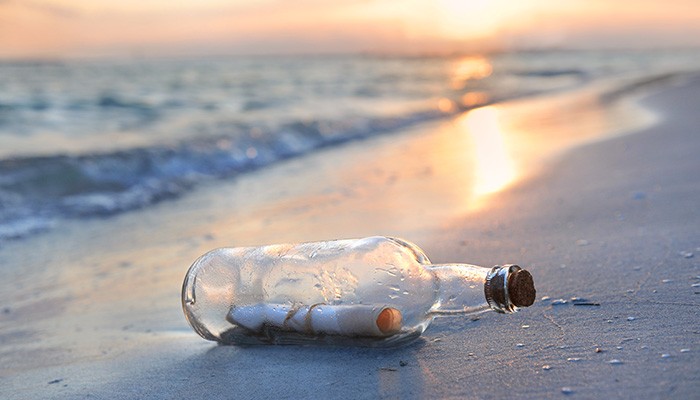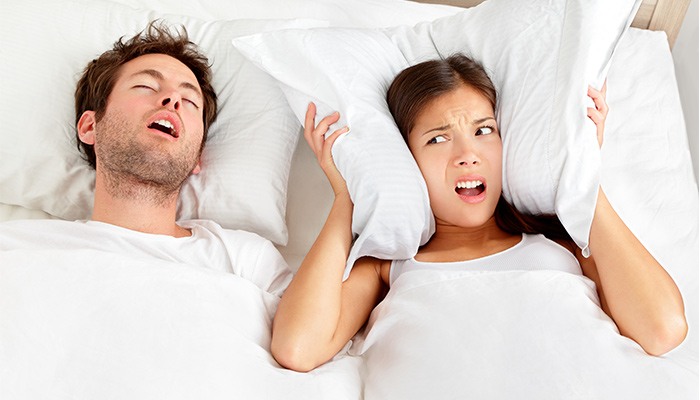I was cleaning out my house for the last time (it took me three trips from Ohio to Colorado to get completely moved) when I found a gift from my wife from years ago. It was a wedding gift: a leather-covered flask and on the front was the quote “For the long hard ride.” When she gave me this, we were riding horses in Kentucky every weekend, sometimes 25 miles a day. And when in Kentucky, do as the Kentuckians do and drink your Vitamin B (Bourbon). Life took us away from riding, 4 kids tend to do that, but this memento from my wife reminds me of some lessons from those days of horseback riding.
Lesson 1: No fear.
The worst thing you could be on a horse is fearful. Because they know it, as they are very intuitive animals, and take their cues from the rider. This is counterproductive, as you lose control, and then bad things happen. It is a self-fulfilling prophecy. The same goes for now. When we are full of fear, we do not see the opportunities available to us, and we miss that which can improve our lives. Living in fear creates the sense of “not enough,” and there goes happiness. Meditation, yoga, and prayer are wonderful ways to center ourselves and live in abundance, where we are right now, at this moment. Give it up, let it go, and let in all the amazing great things that want to come into your life. The ride will go much smoother.
Lesson 2: A little goes a long way.
I had occasionally overindulged with the aforementioned Vitamin “B” while riding. I went from enjoying myself to a miserable time, pretty damn quick. As we are at home the question “why not?” is often asked when it comes to things that are mood-altering. Harmless enough, right? Well, here and there, sure, it can be enjoyable and relaxing in small doses. The problem is large doses disrupt your sleep, you may become depressed, and you create a cycle involving said substances. To get out of the weirdness we are living in, the cycle may leave you constantly trying to crawl out of your self-induced mood changes. I encourage you to enjoy the long ride by not overdoing it early on, as it can make a long trip much longer.
Lesson 3: Be prepared.
Early on, I bought saddlebags for all the things that can go wrong on the trail. I packed them with about everything I might need when I was going to be 10-15 miles from camp. Well, folks, we are a long way from camp right now. We need to be prepared. Whether it’s getting enough sleep, supplements to support immune responses, or eating right, these things will get us through like nothing else in our “saddlebags.” You can see my blog here on these things, but it’s important to realize that this has to be a lifestyle choice for the long term.
Lesson 4: Get in a rhythm.
This will be a long hard ride indeed if you don’t get into a rhythm. We rode gaited horses, if we were not in sync with the gait, man, it hurt the next day. Well, daily life is the same way. I decided after 2 weeks of flopping around like a fish and seeing how long it took till my body funk drove me to the shower, that I had to create normalcy in my life again. Now, it’s get up, meditate, drink my coffee, get a shower, answer emails, do things like writing my e-book that is halfway finished, or other projects I never got around to, like straightening the garage, go for a walk help make supper and have a family dinner. This has done wonders for my mood and outlook. A schedule helps. Going to sleep at night is much easier when you feel like you didn’t Netflix your way through the day.
Lesson 5: Maintenance for your horse.
A lame horse is not good for a long ride, of course. They require maintenance. If you just thought you could pull it out of the stall and go, it’s probably not going to go well. When we get hit with this virus, we need to be prepared and all the things mentioned in Lesson 3 apply here. We can’t take Zinc and Vitamin D for a month or two and expect it to do the trick. The same goes for diet, sleep, and stress reduction. It is a long-term commitment, just like I made to my animal so that he could do what I asked of him. Your body is the same way.
I wish it wasn’t going to be a long hard ride, but until we get enough testing and tracking of people who are infected, this virus may be around longer than we like. This is not to discourage you, but to encourage you to not be a sprinter in this race, but to create abundance so that you find joy and contentment, no matter the circumstances. It helps on the “long hard ride.”

